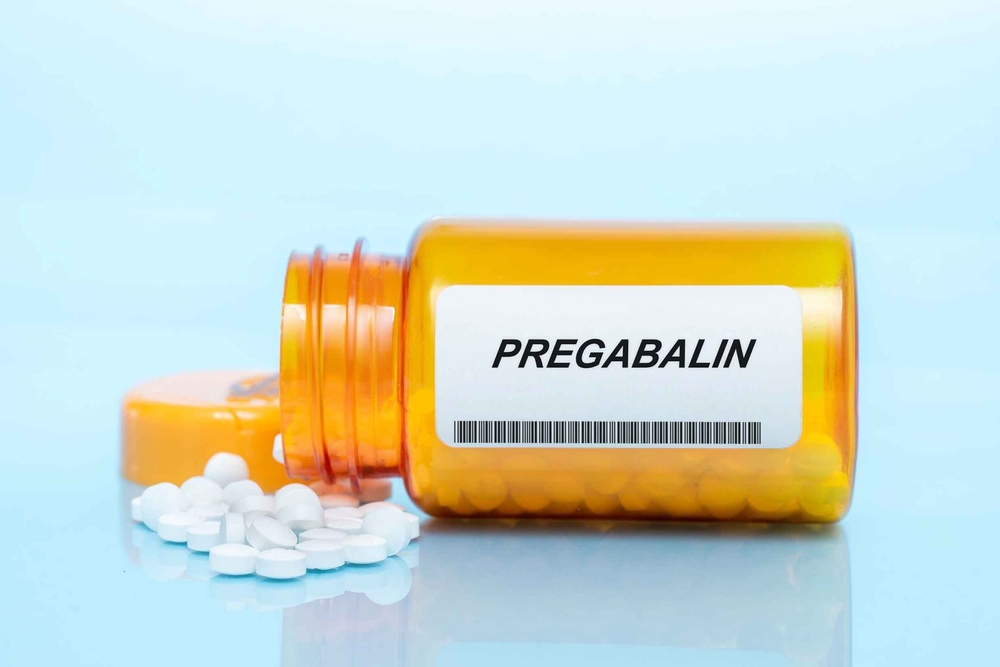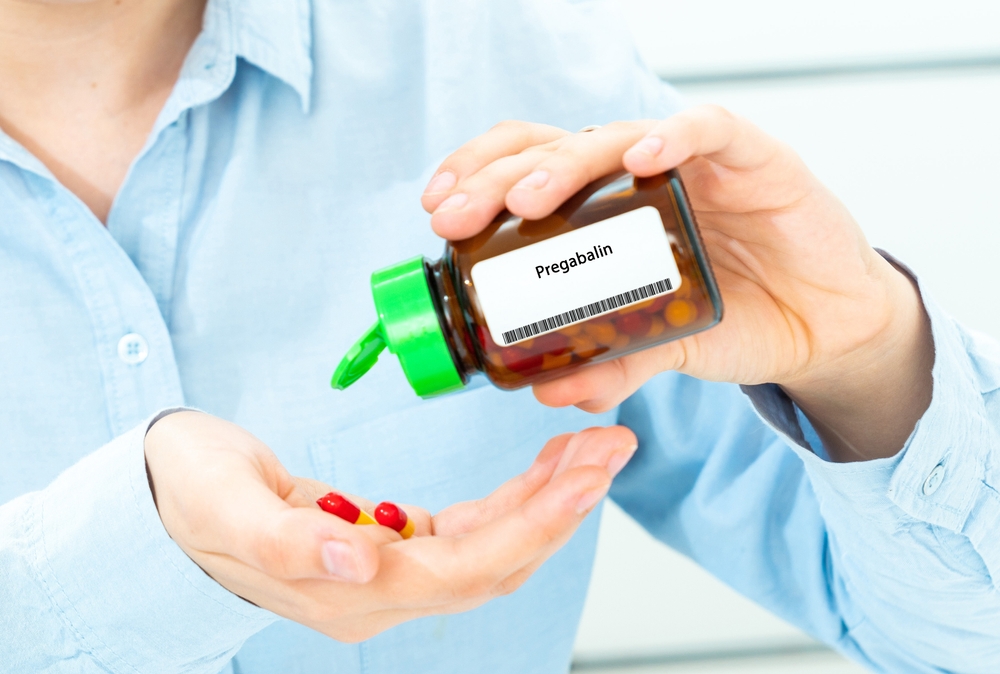Last Updated:
July 21st, 2025
Pregabalin Addiction | Symptoms, Effects and Causes
What is pregabalin
Pregabalin is a medication commonly prescribed to treat nerve pain, epilepsy and anxiety disorders. It works by calming overactive nerves in the brain and spinal cord, which helps reduce pain signals, control seizures, and ease feelings of anxiety.
In the UK, it’s often known by the brand name Lyrica and is typically available in capsule or tablet form. Doctors may prescribe pregabalin for conditions like fibromyalgia, sciatica or diabetic nerve pain, making it a versatile option for managing chronic discomfort.
While it’s highly effective when taken as directed, pregabalin is also a controlled medication due to its potential for misuse. This means it should always be used as prescribed to ensure safety and effectiveness.

Is pregabalin addictive?
Pregabalin is a very strong medication and this strength is one of the main reasons it can be so addictive. Its potency makes it highly effective in treating conditions like nerve pain, anxiety and epilepsy, but it also means that its effects on the brain and body can quickly lead to dependency.
Below, we uncover some of the reasons as to why pregabalin can be so addictive:
Pregabalin in the UK
Pregabalin has become a growing concern in the UK. While it plays an important role in medical treatment, its potential for misuse cannot be ignored. Despite efforts to reduce harm, such as its reclassification as a controlled substance in 2019, recent NHS data points to a worrying rise in prescriptions.
Reclassification initially helped slow the growth of pregabalin use. Between 2017/2018 and 2018/2019, NHS data showed that the number of patients rose by 10%, which slowed to just 3% by 2019/2020. However, recent years have seen the trend shift in the wrong direction. Further data shows a 5% increase in prescriptions between 2022/2023 and 2023/2024, with patient numbers rising from 786,403 to 823,231.
This growing reliance on pregabalin raises important questions about its availability and the risk of misuse. While reclassification was a step in the right direction, these figures highlight the need for tighter prescribing controls and better awareness of the risks associated with this drug.
What are the signs of Pregabalin addiction?
Recognising the signs of pregabalin addiction is essential for addressing the problem early, whether it’s for yourself or someone close to you. Addiction to medications like pregabalin can develop subtly, often making it difficult to spot.
By identifying behavioural, physical and psychological signs, you can take the first steps toward seeking help and preventing further harm.
Behavioural signs of Pregabalin addiction
- Doctor shopping: Visiting multiple healthcare providers to obtain extra pregabalin prescriptions signals dependence and a desire to maintain supply.
- Prioritising use over responsibilities: Neglecting aspects of life like work, family or personal obligations to use or obtain pregabalin.
- Increased focus on the drug: Spending significant time thinking about, obtaining or using pregabalin.
- Using Pregabalin recreationally: Taking higher doses or using it in ways not prescribed, such as combining it with alcohol or other substances.
Physical signs of Pregabalin addiction
- Drowsiness or fatigue: Persistent lethargy caused by pregabalin’s sedative effects.
- Coordination issues: Difficulty with balance and motor skills due to the drug’s impact on the nervous system.
- Withdrawal symptoms: Experiencing sweating, agitation or restlessness when Pregabalin isn’t taken.
- Blurred vision: A common side effect of misuse or excessive use, indicating the body’s struggle to adjust to the drug.
- Weight gain: An increase in body weight, often due to changes in appetite and metabolism linked to pregabalin use.
Psychological signs of Pregabalin addiction
- Increased anxiety: Feeling heightened anxiety or restlessness when pregabalin wears off.
- Mood swings: Rapid emotional changes caused by dependency and the drug’s influence on brain chemistry.
- Obsessive cravings: A strong mental fixation on taking pregabalin to feel normal or avoid discomfort.
- Cognitive difficulties: Trouble focusing or remembering details, often linked to the drug’s sedative properties.
Spotting these signs early is critical for addressing pregabalin addiction. If you or someone you know exhibits any of these symptoms, seeking professional help can provide the support needed to regain control and achieve recovery.

How is a Pregabalin addiction treated?
Pregabalin addiction can be treated through inpatient or outpatient programmes, depending on the severity of the addiction and the individual’s circumstances. For those with severe addiction, inpatient treatment is highly recommended as it provides a structured and supportive environment where recovery can be the sole focus without distractions or triggers.
Treatment usually begins with an initial assessment, where healthcare professionals create a tailored plan based on the individual’s needs. This is followed by detox, where pregabalin is safely tapered off to minimise withdrawal symptoms. Detox can be challenging, but professional guidance ensures the safe and comfortable process.
Once detox is complete, the focus shifts to therapy, which addresses the psychological aspects of addiction. Therapy options often include cognitive behavioural therapy (CBT), dialectical behaviour therapy (DBT), group counselling and one-on-one therapy. These approaches help individuals understand the root causes of their addiction and develop healthier coping mechanisms.
Aftercare is also a critical component of treatment, providing ongoing support through counselling, support groups or follow-up sessions to maintain long-term sobriety and prevent relapse.
What are the next steps?
If you or someone you know is struggling with pregabalin addiction, reaching out to a rehab centre is a crucial step as necessary guidance can be given to begin recovery.
Don’t let pregabalin addiction control your life. Reach out to a rehab centre today to begin the journey toward a healthier, addiction-free future.
Our compassionate team are ready and available to take your call, and guide you towards lasting the lasting addiction recovery you deserve.

